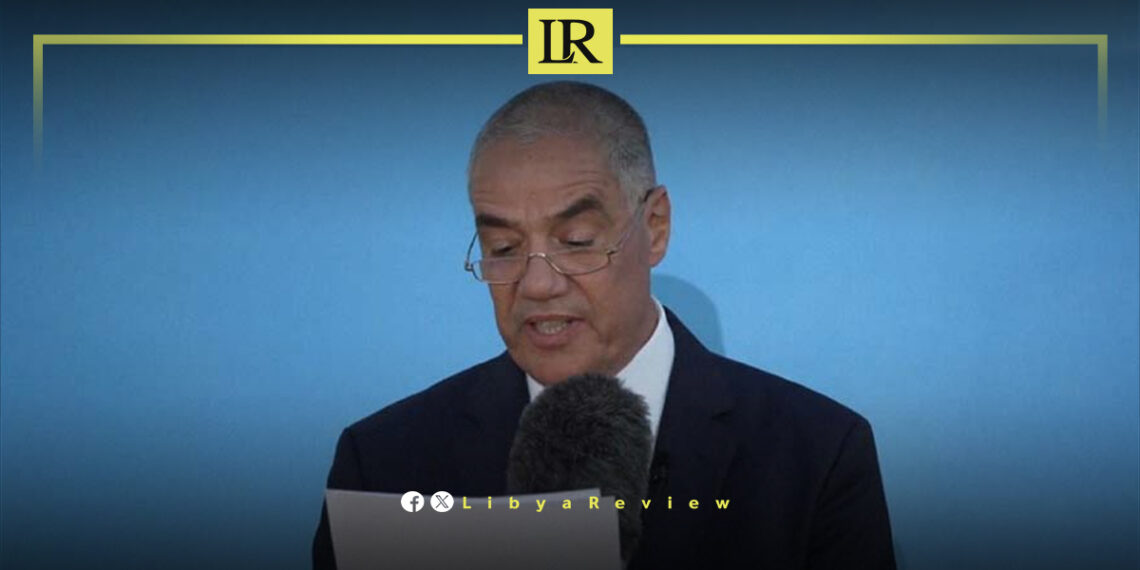On Wednesday, German Ambassador to Libya, Ralph Tarraf, underscored Germany’s commitment to Libya’s stability, emphasizing its significance for both the region and Europe. Speaking during German Unity Day celebrations in Tripoli, Tarraf highlighted that Libya’s proximity to Europe makes its stability a direct concern for European security and prosperity.
“Libya is a close neighbor of Europe, and its stability affects us directly,” said Tarraf. He reaffirmed Germany’s ongoing support for Libya, calling for an end to internal divisions, armed conflict, and humanitarian crises. Tarraf urged for the establishment of effective governance, sovereignty, and equal opportunities for all Libyans as essential steps toward lasting peace.
Germany has been at the forefront of international efforts to stabilize Libya, particularly through its leadership in organizing the Berlin Process in 2020 and 2021. These conferences brought together key Libyan and global stakeholders to facilitate a political solution to the country’s civil conflict, which has persisted since the fall of Muammar Gaddafi in 2011.
The Berlin Process played a pivotal role in securing the ceasefire agreement of October 2020 and laid the groundwork for a political roadmap aimed at unifying Libya’s institutions, holding national elections, and ensuring the withdrawal of foreign forces. Germany’s diplomacy has been instrumental in fostering dialogue between Libya’s rival factions and rallying international support for a peaceful resolution.
Despite these efforts, Libya remains divided, with competing governments and armed groups struggling for control. Challenges such as ongoing security concerns, the presence of foreign mercenaries, and economic instability continue to impede progress. The humanitarian situation also remains critical, with displaced populations and a weakened infrastructure further complicating recovery.
Ambassador Tarraf’s remarks reflect growing concerns in Europe over Libya’s direct impact on regional security. As a Mediterranean nation, Libya’s instability has contributed to increased migration flows toward Europe, as migrants and refugees use Libya as a transit point to cross the Mediterranean Sea. This has made migration a pressing issue for European countries like Germany and Italy, both of which have been actively supporting Libya’s border control efforts and humanitarian programs.
Libya’s vast oil reserves also make it a key player in global energy markets. Political instability in Libya has led to disruptions in oil production, affecting global supply and impacting European energy security. Stabilizing Libya is seen as crucial for ensuring stable energy flows and reducing the economic ripple effects of oil market volatility.


